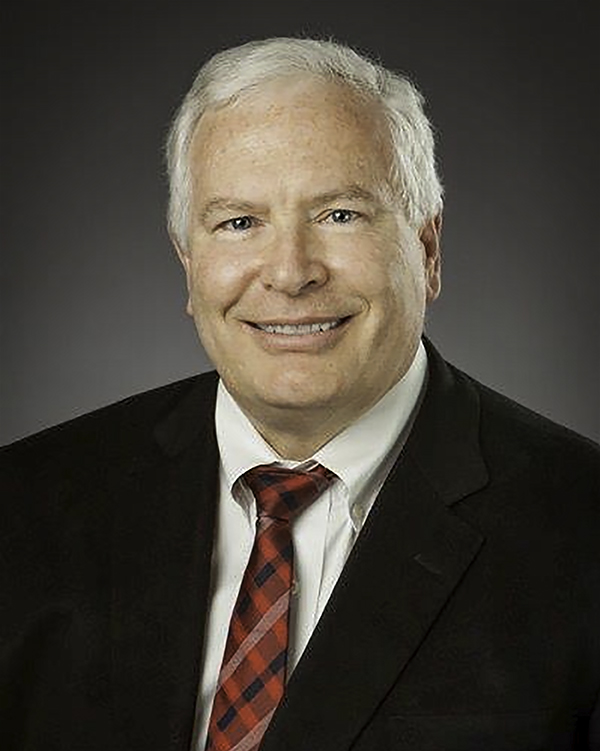Robert V. Duncan was born in St. Joseph on November 15, 1959. He attended Central High School and received his bachelor’s degree in physics from MIT in 1982 and his doctorate in physics from the University of California – Santa Barbara (UCSB) in 1988. Duncan currently serves as the President’s Distinguished Chair of Physics on the Faculty of Texas Tech University. Prior to assuming this position, Duncan joined Texas Tech University (TTU) as the Vice President for Research in 2014. He served as Vice Chancellor of Research at the University of Missouri (MU), where he remains today on the Affiliate Faculty in Physics.
He has served as a professor of physics and astronomy, and as a joint associate professor of Electrical and Computer Engineering at the University of New Mexico (UNM), as a visiting associate on the physics faculty at Caltech, and as the associate dean for research in the College of Arts and Sciences at UNM.
Duncan has published extensively in experimental low-temperature physics, including the observation of new phenomena near the superfluid transition in helium, and in new instrumentation development for physics research in space. Previously, Dr. Duncan has served as principal investigator on a fundamentals physics research program for NASA. He was the founding director of the New Mexico Consortium’s Institute at Los Alamos National Laboratory in 2006. Throughout his career, Duncan has received more than $45 million in funding on research efforts that he has led as Principal Investigator.
Duncan is a Fellow and a life member of the American Physical Society and a Fellow of the National Academy of Inventors. He was named the Gordon and Betty Moore Distinguished Scholar in the Division of Physics, Mathematics and Astronomy at Caltech in 2004. He also chaired the Instrumentation and Measurement Topical Group for the American Physical Society in 2002, and the International Symposium on Quantum Fluids and Solids in 2003. He has contributed extensively to the industry co-inventing and assisting in the formation of companies. Duncan serves as a reviewer for many journals and federal funding agencies. He serves on the Science Advisory Board of the United States Air Force, and he served as a member of the visiting committee to recommend curriculum revisions for the United States Military Academy at West Point, New York.

